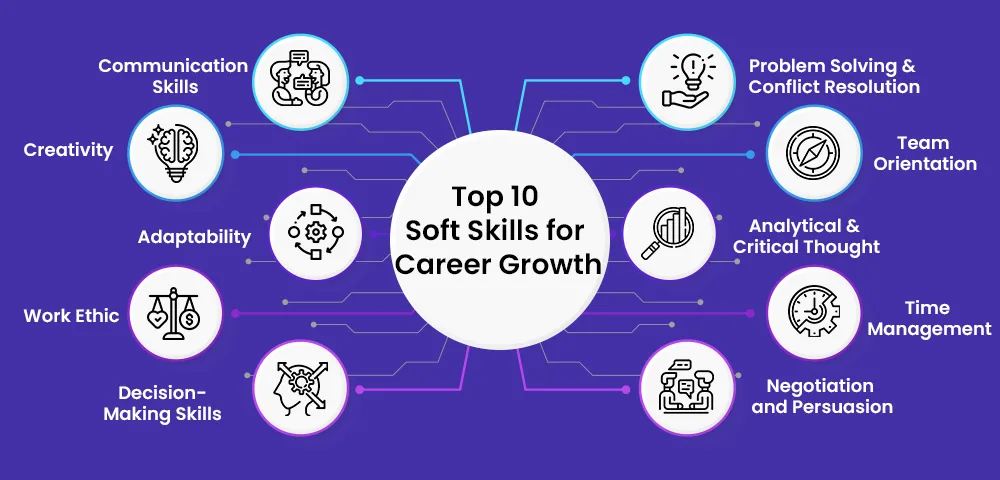In today’s fast-paced and ever-changing business landscape, innovation and strategy have become the cornerstones of success. Organizations that fail to innovate or lack a well-defined strategic approach often struggle to maintain their competitive edge. This is where a Master of Business Administration (MBA) education plays a crucial role. An MBA program equips aspiring business leaders with the knowledge and skills required to drive innovation and formulate effective strategies that lead to sustainable growth.
An MBA curriculum is designed to enhance a student’s ability to think critically, solve complex business problems, and foster innovation. Strategic decision-making is integral to an MBA education, as it helps students understand how to align business goals with market demands. This article explores the importance of innovation and strategy in an MBA program and how they shape future business leaders.
Key Takeaways
- Innovation fosters creativity, problem-solving, and new business opportunities.
- Strategy provides direction and ensures that business goals align with market needs.
- MBA programs integrate both innovation and strategy to create well-rounded business leaders.
- Real-world applications such as case studies, internships, and business competitions enhance learning.
- Networking and mentorship play a crucial role in shaping successful MBA careers.
- The combination of strategy and innovation is essential for long-term business sustainability and growth.
The Role of Innovation in an MBA Education
1. Understanding Innovation in Business
Innovation is the process of introducing new ideas, products, services, or methods to improve efficiency and competitiveness. In an MBA program, students learn how to cultivate an innovative mindset by analyzing case studies, engaging in brainstorming sessions, and working on real-world business projects.
2. Courses on Innovation
Many MBA programs offer specialized courses on innovation management, design thinking, and entrepreneurial leadership. These courses focus on:
- Identifying opportunities for innovation
- Implementing new business models
- Utilizing technology for competitive advantage
- Developing creative solutions to industry challenges
3. Encouraging Entrepreneurial Thinking
Entrepreneurship is a key component of innovation. MBA programs encourage students to develop startup ideas and bring them to life through business incubators, mentorship, and networking opportunities. Many universities also have entrepreneurship centers that provide funding and resources to budding entrepreneurs.
4. The Role of Technology in Innovation
Technology-driven innovation is a major focus of modern MBA education. Students explore emerging technologies such as artificial intelligence, blockchain, and big data analytics to understand their impact on business models and customer experiences.
5. Innovation through Collaboration
MBA programs emphasize teamwork and collaboration, allowing students to work on projects with diverse peers from different industries. This fosters a multidisciplinary approach to innovation, enabling them to apply creative solutions to real-world problems.
The Importance of Strategy in an MBA Education
1. Defining Strategy in Business
Strategy refers to the long-term plan that businesses use to achieve their goals and gain a competitive advantage. In an MBA program, students learn how to analyze market trends, assess risks, and develop data-driven strategies.
2. Strategic Thinking and Problem-Solving
MBA programs emphasize strategic thinking, enabling students to:
- Conduct SWOT (Strengths, Weaknesses, Opportunities, Threats) analyses
- Develop frameworks for decision-making
- Evaluate competitive landscapes
- Create business plans for sustainable growth
3. Core Strategy Courses
Courses on business strategy cover essential topics such as:
- Corporate strategy and competitive advantage
- Business growth strategies
- Strategic leadership and decision-making
- Global business strategy
4. Case Study Methodology
One of the most effective ways MBA students learn about strategy is through case studies. By analyzing real-world business scenarios, students gain insights into successful and failed strategic decisions, allowing them to apply these lessons in their careers.
5. Mergers, Acquisitions, and Corporate Restructuring
Strategic planning also includes mergers, acquisitions, and corporate restructuring. MBA students learn how organizations expand through acquisitions, navigate financial challenges, and restructure operations to optimize efficiency.
Integration of Innovation and Strategy
1. Aligning Innovation with Strategic Goals
For innovation to be successful, it must align with a company’s strategic goals. MBA programs teach students how to integrate innovative solutions within a business framework to ensure long-term success.
2. Leadership and Change Management
Innovative ideas often require organizational change. MBA programs emphasize leadership and change management, equipping students with the ability to drive transformation within companies.
3. Risk Management in Innovation and Strategy
Innovation and strategy involve risks. MBA students learn how to assess risks, mitigate challenges, and make data-informed decisions to minimize uncertainties while pursuing innovation.
Real-World Applications of Innovation and Strategy in MBA Programs
1. Capstone Projects and Internships
MBA students often engage in capstone projects, where they work with companies to solve real business challenges. Internships also provide hands-on experience in strategy formulation and implementation.
2. Business Competitions and Incubators
Many MBA programs host business competitions where students pitch their innovative ideas to industry leaders. These competitions provide exposure, funding, and mentorship opportunities for aspiring entrepreneurs.
3. Networking with Industry Leaders
MBA programs offer students access to business executives, alumni networks, and guest lectures from top industry professionals. These interactions provide insights into how innovation and strategy drive business success.
Also Read: How to finance your MBA without going into debt
Conclusion
Innovation and strategy are the core pillars of an MBA education. They equip students with the skills needed to navigate the complexities of the business world and drive organizational success. Whether pursuing entrepreneurship, consulting, or corporate leadership, MBA graduates with expertise in innovation and strategy are well-positioned to make a lasting impact in their industries.
By integrating strategic thinking with innovative solutions, MBA programs prepare students for dynamic leadership roles that shape the future of business.
FAQs
1. Why is innovation important in an MBA program?
Innovation helps students develop creative problem-solving skills, fostering new ideas that drive business success.
2. How do MBA programs teach strategy?
MBA programs use case studies, simulations, and strategic planning exercises to teach students how to develop and implement business strategies.
3. What is the relationship between strategy and innovation?
Strategy provides direction, while innovation offers new ways to achieve business goals. Both are essential for sustainable growth.
4. Can an MBA help in launching a startup?
Yes, MBA programs provide resources, mentorship, and networking opportunities to help students develop and launch successful startups.
5. How does technology impact innovation and strategy?
Technology enables businesses to streamline operations, enhance customer experiences, and stay ahead of market trends.
6. What career opportunities are available for MBA graduates specializing in innovation and strategy?
Graduates can pursue careers in consulting, entrepreneurship, corporate strategy, product management, and executive leadership roles.
7. Are there online MBA programs focused on innovation and strategy?
Yes, many universities offer online MBA programs that specialize in innovation, strategy, and entrepreneurship.




